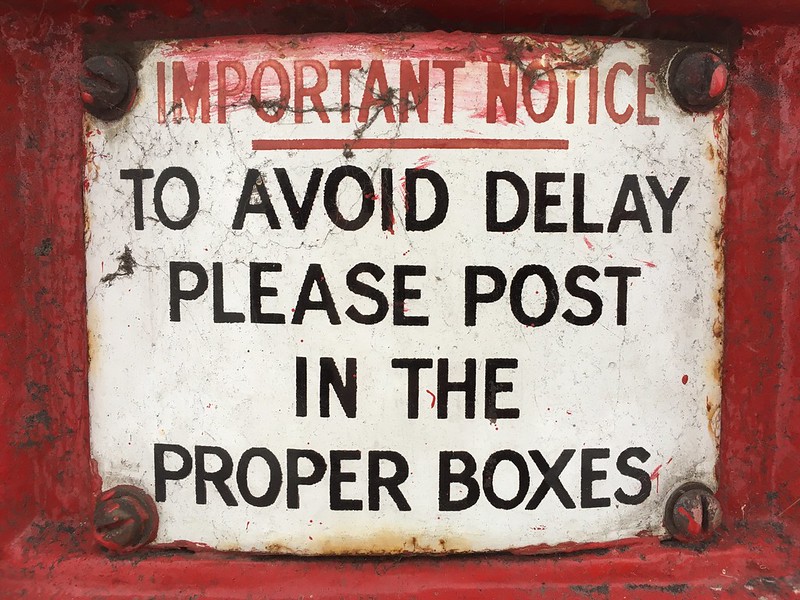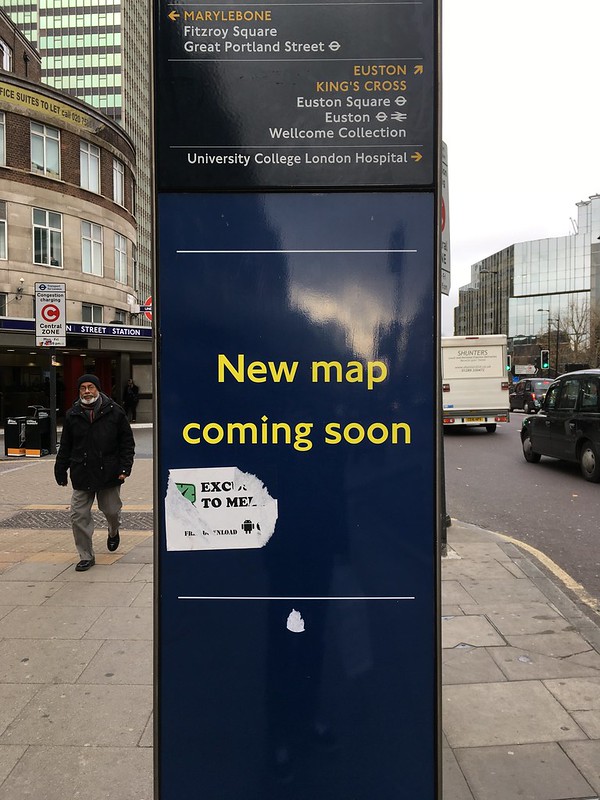I think 'writing the history' was one of the first couple of things I asked Giles to think about when he came to work at GDS. Neither of us really knew what that meant, just that it felt important. Well, he's worked out what it meant and today they've published it.
I love how it's history written about, for, on and of the web. :
I love how there's virtually no 'writing' in it at all. It's all research and links. Which, of course, makes it a better form of writing. I know for a fact that Giles has elegant paragraphs telling many of these same stories, but links and fragments are much better ways to do it.
I love how, like the web, this story is now difficult to remove and easy to update. Corrections can be made, and tracked, but I bet there are already dozens of backups on servers and services, just in case someone decides to delete it.
I love how it's extensible - stick it on a hackpad or a wiki and it quickly forms the framework for the unofficial version, which will clearly soon follow.
I love how it uses and validates all the blogging we did. This is how the history of public services should be written - in public, as it happens.
I love how it's comprehensive, but doesn't pretend to be definitive. As they say, it's 'a story'. But what a brilliant story.


